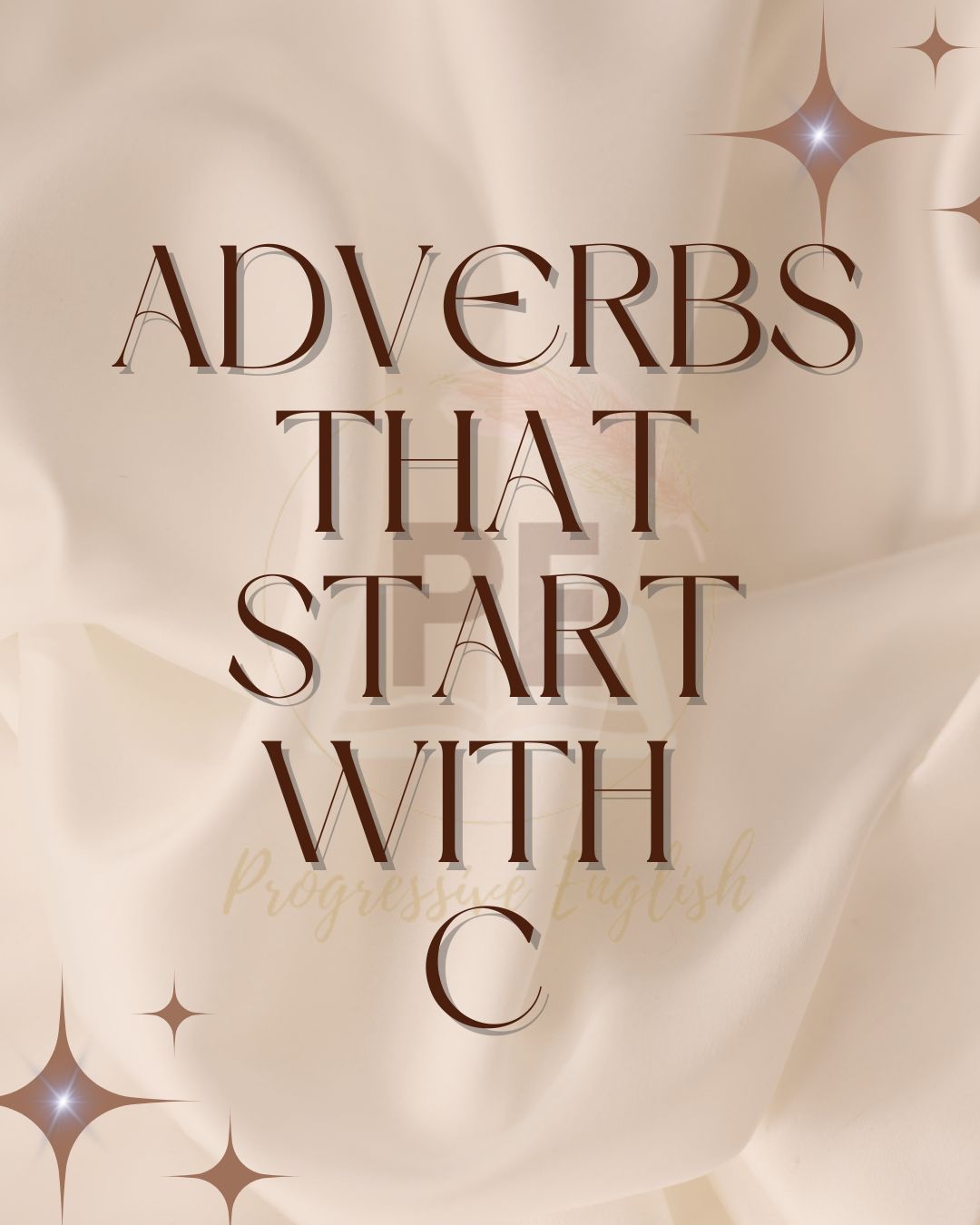A concrete noun is one that refers to a person, place, or thing; it’s the opposite of an abstract noun, which refers to an idea rather than an actual object or concept (for example, love).
Concrete nouns are very common in everyday speech and writing, and they’re also essential to learning more advanced English grammar.
The following examples will help you understand what concrete nouns are, how they’re used in sentences, and why they’re so important.
Concrete noun definition
A concrete noun refers to a person, place, or thing. You can usually visualize it because it exists in real life.
The word doctor is an example of a concrete noun because you can clearly picture an actual doctor.
The word food is another one—what person hasn’t eaten food at some point in their life?
Concrete nouns tend to be more commonly used than abstract ones because they relate directly to things that exist. Abstract nouns, on the other hand, deal with concepts rather than specific people, places, or things. For example: happiness and love are abstract nouns that don’t imply any specific definition or attribute.
Examples of concrete noun
There are many words that fall into the category of concrete nouns.
These are words like
- Book
- Car
- Desk
- Brother
- Boy
- Chair
- Clock
- Candy
- Box
- Apple
- Baby
- Alligator
- Aunt
- Lady
Sentences using concrete noun
- That is my book.
- I have a red car.
- I like apple.
- She is my aunt.
- My brother is an engineer.
Conclusion:
Concrete nouns can help you paint a picture in someone’s mind.
After learning about what a concrete noun is, I can say that they help readers better understand your writing. Instead of leaving your sentences open to interpretation, these words give us clear descriptions that we can visualize in our minds’ eyes.
For example:
Imagine reading a book where someone said:
We went on vacation to Florida last year; it was nice.
From just these two short sentences, we have no idea where in Florida they went or how nice it really was.
However, if you said something like:
Our first stop when we visit Florida is always Orlando. We usually stay at an all-inclusive resort near Disney World so we can get away from it all—no kids around! The place has incredible buffets with tons of delicious food options for my picky kids and for me too!
It makes a huge difference by adding those bits about Disney World and their kid-friendly needs.
You see, by using concrete nouns in your sentences, you paint much more vivid pictures for your reader—and make them want to keep reading!



